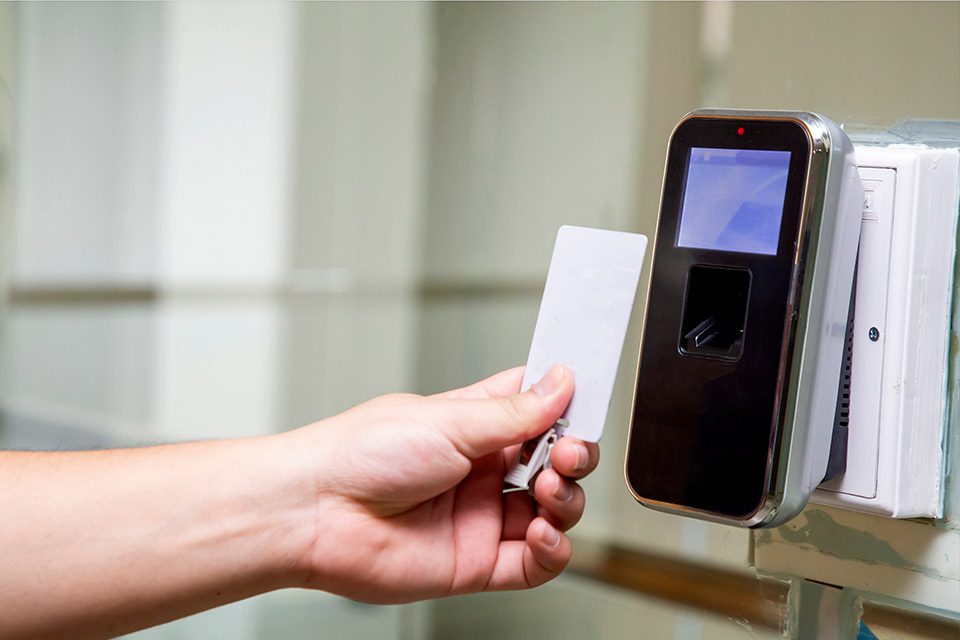Share
Read also

Trends & Views
Digital transformation strategies

Business Software
CRM 2025 market: Response to increasing customer demands

Business Software
Understanding the ERP lifecycle management

Mobility
How is EM shaping the way SMBs operate?
Around 600,000 additional workers have joined the Digital Employee Card measure since the beginning of the month, with the mandatory inclusion of the retail and manufacturing sectors. On the other hand, the complexity of the implementation, as the case study in the relevant circular shows, forces authorities to introduce a period of tolerance until everyone involved adapts to the new reality.
Following, as already planned, the implementation of the measure in banks, large supermarkets, insurance companies, security companies and public utilities, the Digital Employee Card was fully implemented on July 1st, 2024, in retail and manufacturing, as these sectors have already been included in the measure from January 1st, 2024. As planned, from autumn 2024, the Digital Employee Card is expected to be extended to tourism and catering.
According to the Minister of Labor and Social Security, Niki Kerameos, the full implementation of the Digital Employee Card is an important step for everyday working life in our country and the correct application of labor law. In her words: “In a business environment that is experiencing significant growth, it is important to safeguard the rights of employees, improving their everyday working life and ensuring the full payment of their accrued wages, while also ensuring healthy competition among businesses. The Digital Employee Card combats phenomena of undeclared and under-declared work and tax evasion, which primarily affect employees and compliant businesses, and undermine the sustainability of the country’s social security system. The measure has already been successfully applied to employees of banks, large supermarkets, insurance companies, security companies and public utilities and is to be gradually extended to all businesses in the country.”
On the other hand, the complexity of the implementation, as the extensive case study in the relevant circular shows, has forced authorities to introduce a period of tolerance in order to allow employees to adapt to the new reality. We should stress here that this is not a negligible number, since 167,724 businesses and 576,000 employees throughout the country are to be included in this system. In practice, this means that in the first instance, warnings will be given to avoid fines. Of course, in cases where breaches are of such a magnitude that they require intervention and not simple failures to use the card, the response will be appropriate to protect employees.
It should be reminded that the Digital Employee Card ensures the monitoring of actual working time. This combats abusive policies of undeclared overtime and illegal changes and overruns of working time.







